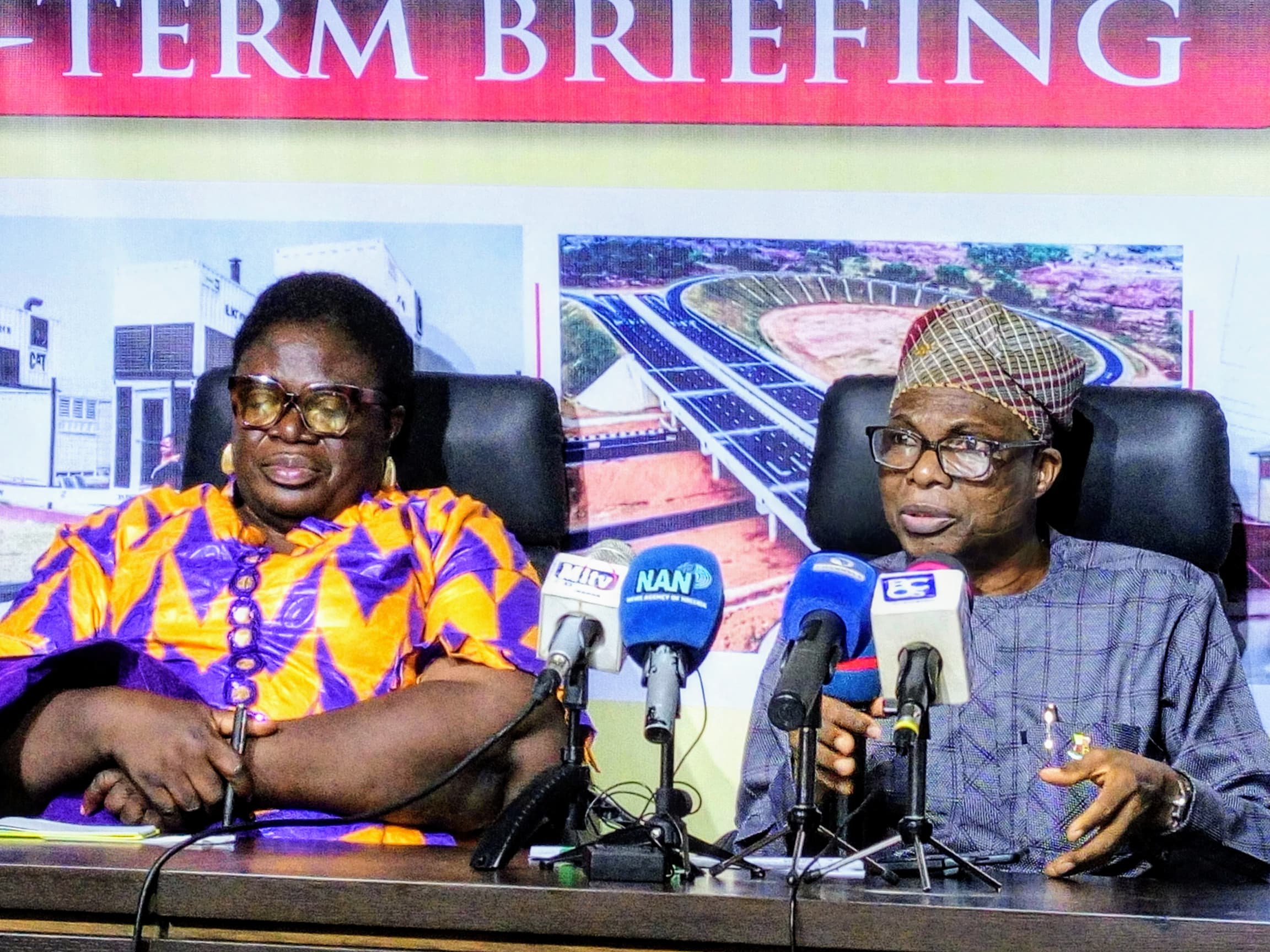Oyo State is witnessing major strides in its education sector, with major investments in infrastructure, special needs inclusion, and teacher recruitment among others.
The Oyo state Commissioner for Education, Science and Technology, Hon. Segun Olayiwola, who revealed this during the ongoing inter-ministerial press briefing on Thursday, outlined some of the progress made under Governor Seyi Makinde’s administration.
According to Olayiwola, the number of secondary schools in the state has increased from 573 in 2023 to 696 in 2025, while primary schools, previously 2,500, have also expanded due to the construction of new schools and ongoing infrastructure upgrades.
“In 2023, we presented an 11-point education agenda in a working document. One of our key goals was building 1,000 classrooms to reduce the number of out-of-school children. Despite funding challenges, we have delivered 105 new classrooms.”
The Commissioner,eho provided detailed insights into activities of the ministry and its collaboration with development partners and critical stakeholders, also disclosed that Oyo has met the UNESCO recommendation of allocating 20 percent of its budget to education.
“This financial commitment has contributed to a 20 percent reduction in the number of out-of-school children. Our team physically visited schools across the state to gather real-time data on enrolment,” Olayiwole stated.
The Commissioner emphasized that special attention has also been given to children with special needs and vulnerable groups.
“We had set a target of reaching 5 percent of this demographic, but we’ve doubled that to 10 percent. This was achieved by the creation of a new agency dedicated to their special needs and also upgrading the status of Barrister Ayodele Adekanbi from an Executive Assistant to the governor to a full fledged Agency, thereby, enabling broader outreach and support.
On teacher recruitment, Olayiwola lauded the transparent process that has seen over 15,000 qualified teachers employed under the Makinde led administration.
“This has made Oyo a model state, with a current teacher-to-student ratio of 1:25, well within recommended standards,” the Commissioner explained.
The government has also taken a firm stance on student discipline. A new directive, endorsed by the Oyo State House of Assembly, prohibits students from bringing mobile phones to school to curb rising cases of hooliganism and school-related crimes.
“A circular has been issued to all schools enforcing this policy,” the Commissioner confirmed. He warned that any student found culpable would be duly sanctioned within the necessary stipulated guidelines and regulations.
He equally revealed that Oyo is renovating all five vocational and technical colleges in the state to enable young secondary school leavers who are constrained to proceed to higher institutions to acquire vocational trainings and skills to become entrepreneural.
In his words, “This is part of our effort to integrate entrepreneurship and vocational training into the secondary school curriculum,” Olayiwola explained.
Speaking further,he said the state governor is strongly encouraging tertiary institution students of Oyo state origin to access the federal government’s Nigerian Education Loan Fund (NELFUND), assuring that the state will stand as surety for their collateral security.
“Governor Makinde has assured students of his willingness to provide collateral security support so they can benefit from this fund,” the Commissioner said.
Meanwhile, he added that pension and gratuity payments in the education sector have been digitized under his leadership at the ministry.
“We’ve transitioned from issuing cheques to our retirees and pensioner to directly paying their monies into their individual account, making the process more transparent, seamless, and efficient.
“This initiative is done to remove the stress and risks associated with traveling long distance from different parts of the state only to come and pick up their cheques in Ibadan,” Olayiwola assured.
The Commissioner however, reiterated the Makinde administration’s commitment to building a robust and inclusive education system.
“Oyo is not just expanding in numbers; we are creating an environment where every child, regardless of background, has access to quality education,” he concluded.

